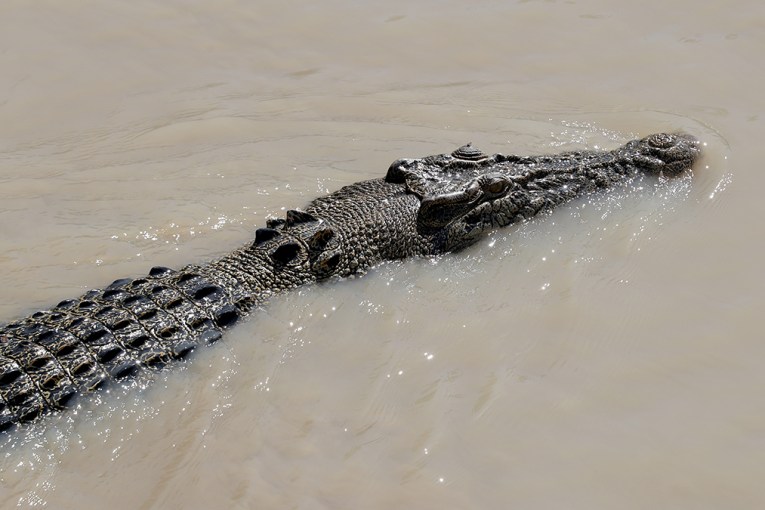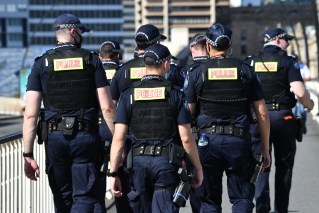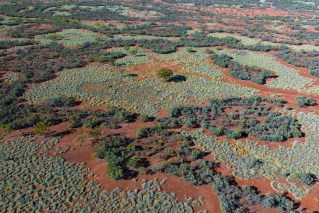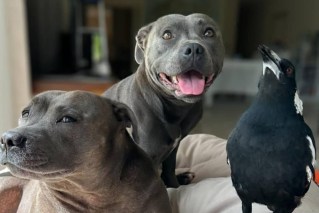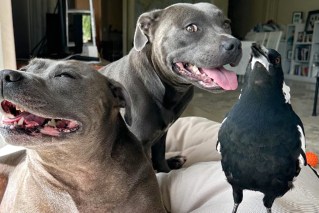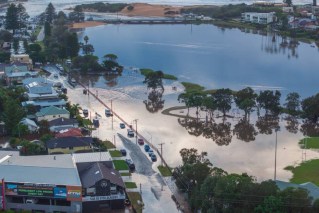‘Dugong haven’ to be bought out by animal advocates on the reef

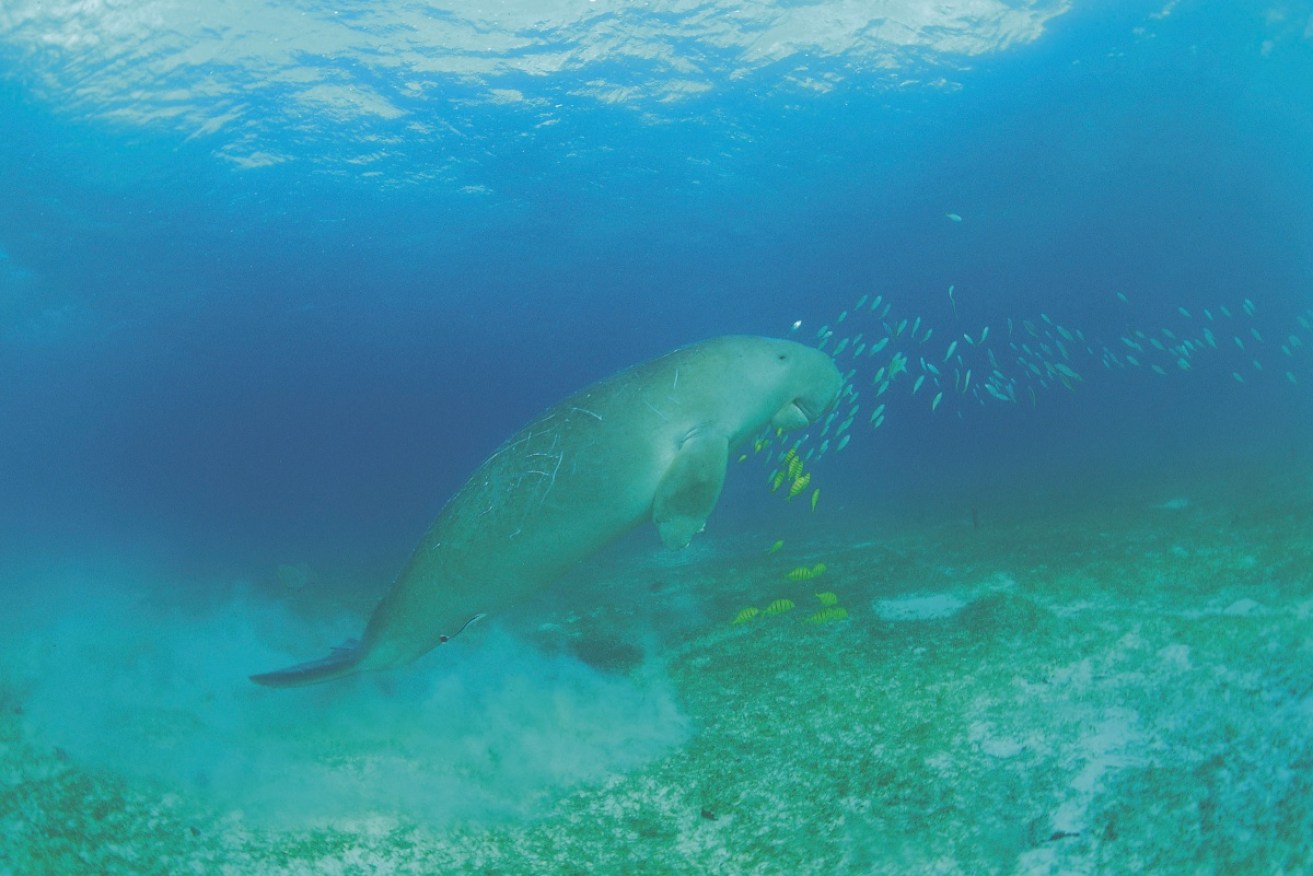
WWF-Australia is in negotiations to purchase the last remaining commercial fishing licence in far north Queensland. Photo: WWF-Australia
Animal activists are in negotiations to buy and retire a commercial fishing licence on the Great Barrier Reef and establish a “net-free zone” in far north Queensland.
WWF-Australia has launched a fundraiser to help buy a large gill net operating at Princess Charlotte Bay, the last remaining licence.
That would clear the way for the state government to declare a net-free “dugong haven” from Cape Flattery to the Torres Strait, according to WWF-Australia’s Jim Higgs.
“It’s an area roughly 85,000 square kilometres or the size of Tasmania, so it’s quite a large area,” the manager of Tropical Fishers and Aquaculture said.
About 6500 dugongs, a vulnerable species, live in the region and risk being entangled and killed in the net. About 48 are entangled along the entire Queensland coast each year.

A gill net is pictured discarded at Cooktown in Queensland. Photo: WWF-Australia
Negotiations are underway with the net operator, who could otherwise sell the licence to a commercial fisher.
The licence is expected to cost about $200,000.
Mr Higgs, Tropical Fisheries and Aquaculture Manager at WWF-Australia, said doing the “heavy lifting” for the state government using supporter donations “would essentially leave the government to only need to draft the legislation that would close the area to commercial net fishing”.
The government would otherwise need to pay out the licence holder.
“It’s really removing the impediments for them to get on and actually legislate the closure,” Mr Higgs told The New Daily.
“If we’re successful in buying this licence then we’ve essentially paved the way by reducing the cost to taxpayers of creating a globally important conservation area for not just dugongs, but a range of protected species.”
He said he was hopeful the area could become net-free by the end of next year or early next year.
A spokesperson for Agriculture and Fisheries Minister Mark Furner said the Queensland government had “no plans to introduce a net free zone in the area”.
Dugongs are slow to breed, meaning a small number of deaths can have a large impact on the population.
Local populations of other threatened species could be wiped out with just one or two deaths, Mr Higgs said.
“Some of these species will become locally extinct if something doesn’t happen soon, so that’s why we’re going for this,” he said.
“It’s just that this place is such a special area.”
Other species at risk include turtles, sawfish and dolphins. An estimated 48 dolphins, 1684 turtles, and 19,500 hammerhead sharks are entangled in nets along the entire Queensland coast.
